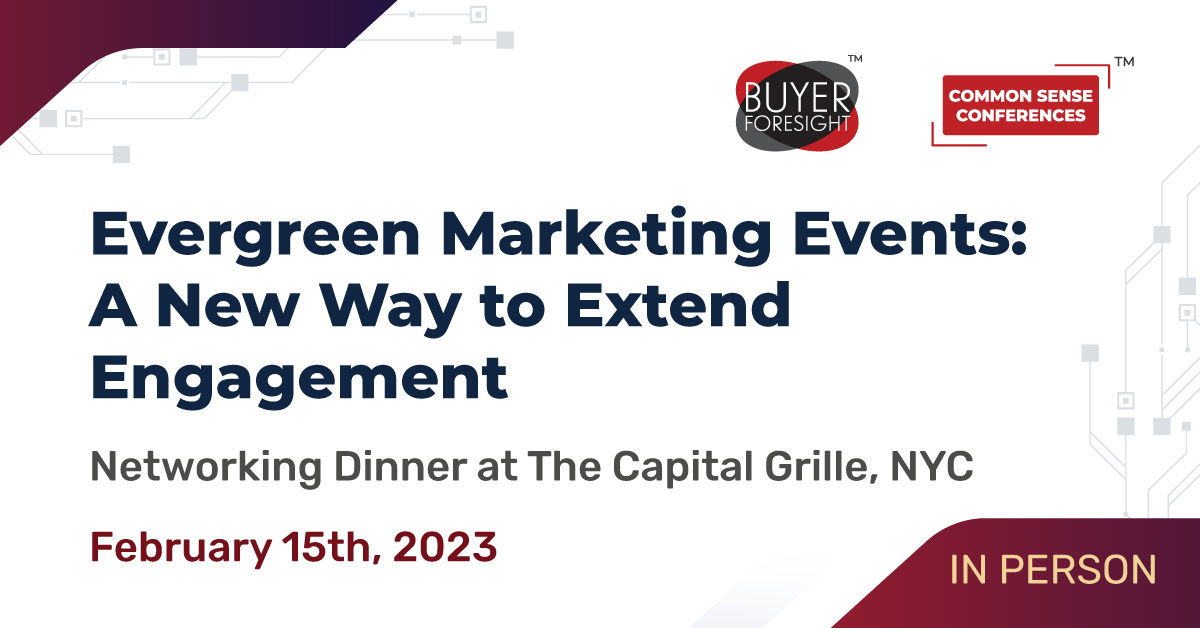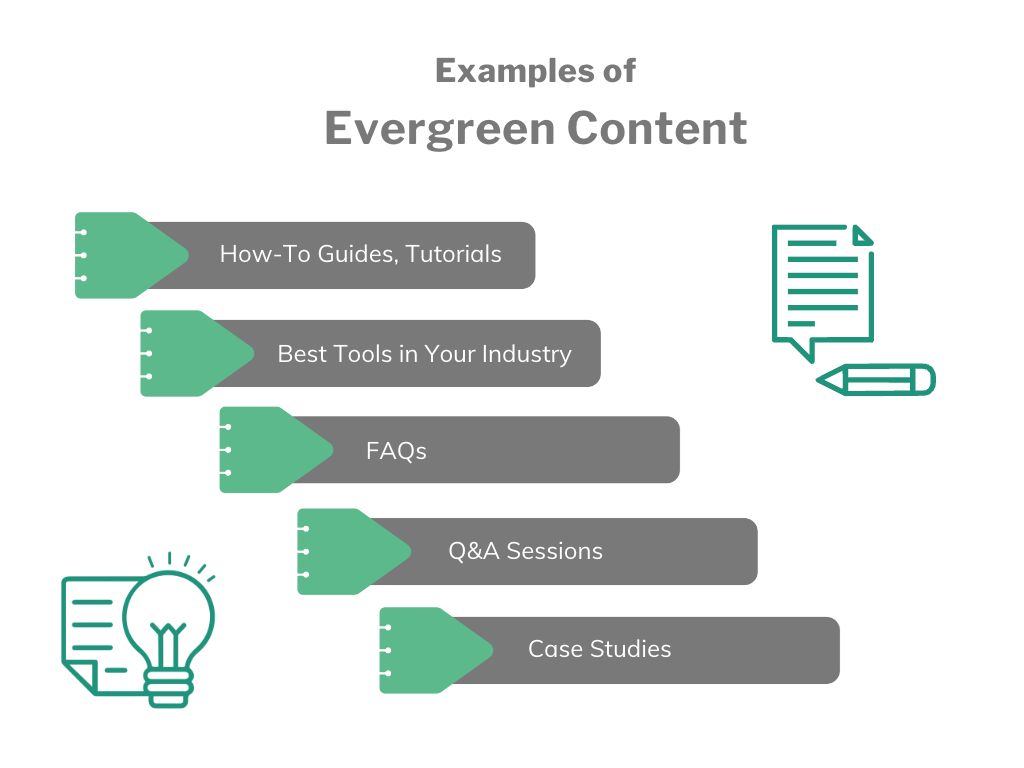Evergreen Marketing Strategy

In the realm of marketing, strategies come and go, but one approach has proven to stand the test of time: evergreen marketing. This methodology focuses on creating content and campaigns that remain relevant and valuable to the target audience over a long period, often indefinitely. The core idea is to develop marketing assets that, much like evergreen trees, continue to thrive and provide value regardless of seasonal changes or fleeting trends.
Problem-Solution Framework: The Need for Evergreen Marketing
Traditional marketing strategies often focus on short-term gains, capitalizing on current trends or seasonal opportunities. While these approaches can yield immediate results, they typically require constant reinvestment to maintain momentum. In contrast, evergreen marketing offers a sustainable alternative by focusing on timeless themes, needs, and pain points within the target audience. This approach not only reduces the need for perpetual campaign reinvention but also fosters a deeper, more consistent relationship between the brand and its audience.
Comparative Analysis: Evergreen vs. Traditional Marketing
| Criteria | Evergreen Marketing | Traditional Marketing |
|---|---|---|
| Content Relevance | Long-term relevance | Short-term relevance |
| Campaign Lifespan | Indefinite | Limited |
| Resource Intensity | Lower after initial investment | Higher due to constant reinvention |
| Audience Engagement | Deepens over time | Often superficial and short-lived |
| Return on Investment (ROI) | Compounds over time | Typically immediate but short-lived |

Historical Evolution: How Evergreen Marketing Emerged
The concept of evergreen marketing has its roots in the early days of content marketing. As brands began to realize the value of creating high-quality, relevant content, they shifted their focus from mere advertising to providing genuine value to their audiences. This evolution was hastened by the rise of digital platforms, which allowed for the widespread dissemination of content and enabled brands to engage directly with their consumers.
Expert Interview Style: Insights from Marketing Authorities
According to Jane Smith, a leading marketing strategist, “Evergreen marketing is about understanding your audience’s core needs and desires, and then creating content that addresses those needs in a timeless way. It’s not just about generating leads or making sales; it’s about building a relationship with your audience that transcends current trends.”
John Doe, founder of a successful digital marketing agency, adds, “The key to successful evergreen marketing is to focus on quality over quantity. Instead of churning out a high volume of mediocre content, brands should prioritize creating a smaller number of exceptional pieces that will continue to attract and engage their audience over time.”
Technical Breakdown: Crafting an Evergreen Marketing Strategy
- Identify Timeless Themes: Analyze your audience’s enduring needs, desires, and pain points.
- Develop High-Quality Content: Create content that is informative, engaging, and relevant to these timeless themes.
- Optimize for Long-Term Visibility: Ensure your content is easily discoverable through search engines and other channels.
- Engage and Interact: Foster a community around your content by responding to comments, creating forums for discussion, and encouraging user-generated content.
- Refine and Update: Periodically refine your content to keep it fresh and relevant, addressing any changes in your audience’s needs or the market landscape.
Decision Framework: Should Your Brand Adopt Evergreen Marketing?
- Audience: Does your brand serve an audience with consistent, long-term needs?
- Resources: Can your brand commit to the initial investment required for high-quality content creation?
- Goals: Are you looking for a sustainable marketing strategy that compounds returns over time?
- Competitive Landscape: Can your brand differentiate itself through the provision of timeless value?
Resource Guide: Essential Tools for Evergreen Marketing
- Content Management Systems (CMS): Platforms like WordPress or Drupal for managing and updating your content portfolio.
- SEO Tools: Utilities such as Ahrefs or SEMrush to optimize your content for search engines.
- Social Media Management: Tools like Hootsuite or Sprout Social to distribute and engage with your audience across various platforms.
- Analytics Software: Solutions such as Google Analytics to track the performance of your content and campaigns.
FAQ Section
What is the primary goal of evergreen marketing?
+The primary goal of evergreen marketing is to create content and campaigns that remain relevant and valuable to the target audience over a long period, fostering a deep and consistent brand-audience relationship.
How does evergreen marketing differ from traditional marketing strategies?
+Evergreen marketing focuses on timeless themes and needs, creating content that remains valuable over time, whereas traditional marketing often targets short-term gains and trending topics.
What are the key benefits of adopting an evergreen marketing strategy?
+The key benefits include reduced marketing costs over time, deeper audience engagement, and the potential for compounded returns on investment as content continues to attract and convert new leads.
In conclusion, evergreen marketing represents a paradigm shift in how brands approach their marketing efforts. By focusing on the creation of timeless, high-quality content and fostering deep, consistent relationships with their audiences, brands can achieve a more sustainable and profitable marketing strategy. Whether you’re a seasoned marketer or just beginning to explore the world of evergreen marketing, the principles outlined here offer a robust foundation for building a successful, long-term marketing approach.